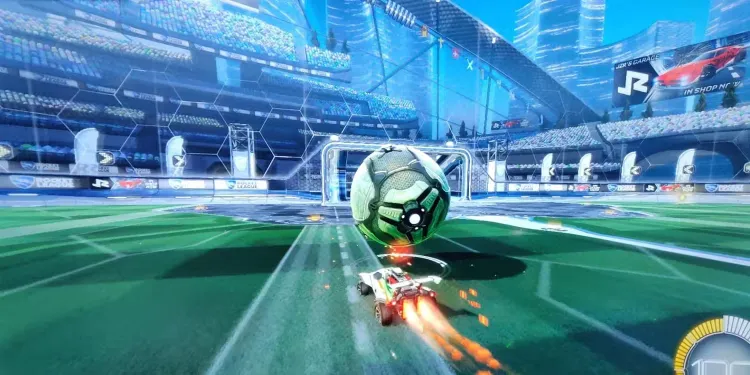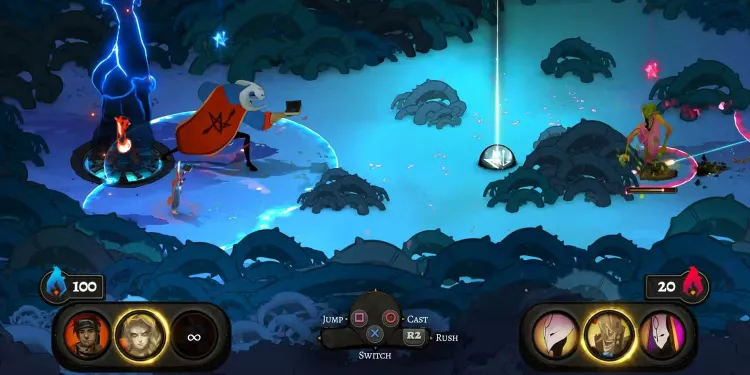Indie Uprising: How Rocket League and Other Indie Games Are Challenging the Dominance of NBA 2K and FIFA
NBA 2K, Madden, and FIFA (now rebranded as EA Sports FC) consistently rank as top sellers every year across multiple demographics and platforms. Despite facing significant criticism and even lawsuits from dissatisfied players, these sports games continue to achieve impressive sales, a testament to their entrenched popularity.
However, the landscape of sports video games could be changing due to the rise of indie developers. Over the past decade, the indie sector has produced numerous innovative sports games, such as Rocket League. This game uniquely blends the arcade-style driving seen in Mario Kart with soccer's rule set, delivering an exciting and challenging experience that diverges sharply from conventional sports titles. Rocket League's success underscores a growing appetite for fresh and inventive games in this space, suggesting that mainstream sports games may soon face substantial competition.
Issues Plaguing Mainstream Sports Games
Major franchises like NBA 2K are frequently criticized for repetitive content and high costs, with new releases often priced at $70 despite minimal updates. Moreover, these games are plagued by technical issues, outdated graphics, and bugs, as recently highlighted by the latest Madden release. Additionally, the pervasive use of microtransactions and aggressive advertising within these games has further eroded player trust and satisfaction.
The Emergence of Indie Sports Games



Contrasting with mainstream offerings, indie games like Golf Story, Super Mega Baseball 3, Legend Bowl, Windjammers 2, and Pyre bring unique elements to the table. These titles are not only different in gameplay but are driven by a strong creative vision. For instance, Golf Story combines golfing with a satirical narrative in a semi-fantastical setting, offering players a distinct experience free from conventional sports game constraints like in-game purchases and frequent releases.
These indie games signify not just alternative entertainment but also the potential shift in control from major studios to smaller, creative teams. As dissatisfaction with traditional sports games grows due to their reluctance to innovate and improve quality, the indie sector's rise could redefine what gamers expect from sports titles, potentially loosening the big companies' tight grip on the genre.

3 free cases and a 5% bonus added to all cash deposits.
5 Free Cases, Daily FREE & Welcome Bonuses up to 35%

a free Gift Case


EGAMERSW - get 11% Deposit Bonus + Bonus Wheel free spin
EXTRA 10% DEPOSIT BONUS + free 2 spins
3 Free Cases + 100% up to 100 Coins on First Deposit


Comments